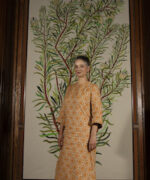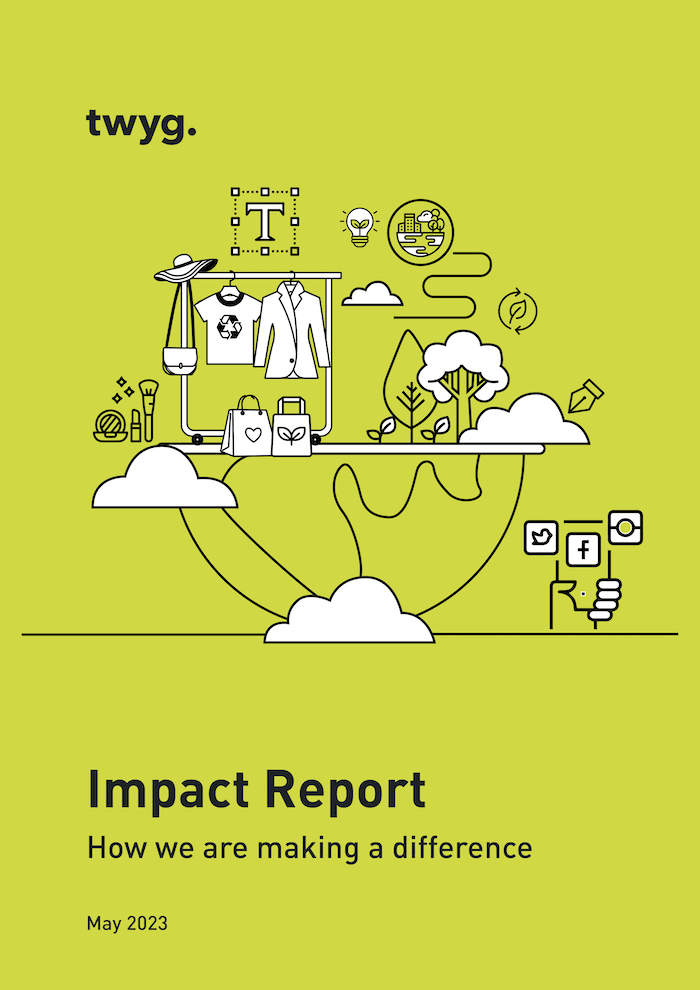“In a world dominated by fashion and consumption, consumers are continuously encouraged to consume products whose raw materials are extracted from the earth’s valuable natural resources. The impact of this behaviour on all aspects of the supply chain, waste management and human wellbeing is becoming apparent, and needs to be addressed urgently.”

An entire chapter in the book Crafting Luxury: Craftsmanship, Manufacture, Technology and the Retail Environment by Mark Bloomfield, Shaun Borstrock, Silvio Carta and Veronica Manlow, is devoted to the concepts of sustainability in fashion.
Social Responsibility, Eco-Design and the Circular Economy lays bare some of the excessive practices of the high-end fashion market.
Many will remember the scandal when Burberry burned £28.6 million worth of excess stock in 2018 to stop it being resold by discounters.
Intersection of fashion and sustainablity
Back home in South Africa, an online fashion magazine “works at the intersection of fashion and sustainability”. Launched by editor in chief Jackie May in 2018, Twyg was registered as a non-profit company in 2019. And this year, it released its first Impact Report.
In her Ed’s Note, May writes, “Twyg is the first South African lifestyle non-profit media organisation focused on encouraging positive behavioural and systems change using fashion as its primary content pillar.”
Twyg’s content focuses on:
- Fashion and sustainability
- Low-impact lifestyle
- High & Lo fashion
- Ethics and transparency
- Circular economy and well-being economy
And it has earned some serious credibility in the process.
- 88.5% of readers believe Twyg is trustworthy and well-researched
- 100% of readers say that Twyg inspired them to try a slow fashion practice or continue on their slow fashion journey
- 86.9% of readers say that Twyg has inspired them to do deeper research
- 98.5% of readers say that Twyg has taught them something they didn’t know before
- 98.4% of readers say that Twyg has inspired them to support a local brand/businesses
- 100% of readers say that Twyg caused them to reflect on, and rethink, the impact of their lifestyle and fashion choices
- 88% of readers share and discuss Twyg content with their friends and family
“Twyg has crafted a powerful niche in which it uses fashion and textiles, and other lifestyle issues to help shift behaviour towards towards sustainability and the circular economy,” says May.
“We do this using our exciting online publication, curated events and activations such as our Twyg Sustainable Fashion Awards, Africa Textile Talks and monthly Swap&Mends.
“Our mission is strongly aligned with SDG12 (responsible consumption and production) especially its target 8: ‘By 2030 ensure that people everywhere have the relevant information and awareness for sustainable development and lifestyles in harmony with nature.’
“Research is showing that we’re making an impact, which is deeply rewarding of us, our clients, and, ultimately, Earth.”
Read the report here: Twyg Impact Report 2023 FINAL (2) (1)














